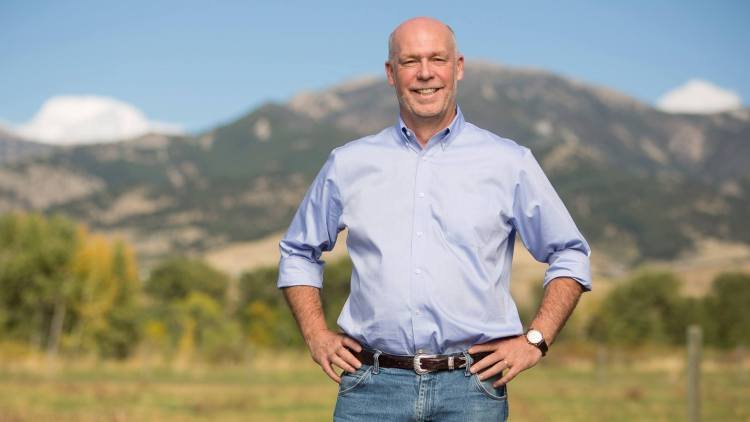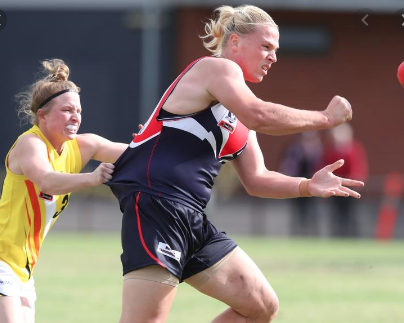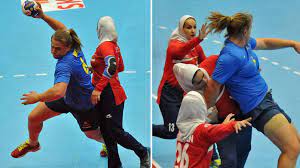Last week, Greg Gianforte drew the ire of the pro-abortion lobby across America.
This week, he’s under the skin of LGBT activists.
The Governor of Montana approved legislation Friday night on a bill that will limit participation in girls’ sporting events at public schools based on biological sex. Explicitly, the law states that female sports teams or clubs “may not be open to students of the male sex”.
Prior to the bill’s passage in April, and hotly debated in Montana’s GOP-controlled state legislature, common ground from both sides came in the form of an amendment. The law can be voided if, in response to the state ban, federal government funding is withheld and state efforts to appeal fail.
Since January, when President Joe Biden’s signed an executive order calling on public schools to allow transgender athletes participate on teams that align with their gender identity, state legislatures have made their voices heard on the controversial subject matter. But some believe the trigger goes back to 2017 in Connecticut, when biological male Andraya Yearwood won a girls State title in the 100 metre dash. This year, lawmakers in over 20 different state capitols across the land have proposed more than 80 laws protecting girls and women in sports competition.
“The scientific, biological differences between men and women are so large, they would render women irrelevant in elite-level sport. Therefore, we protect a category of people who do not have the advantage in order for their sport to have the same meaning.”
sports scientist Ross Tucker
While most of the laws deal with situations “on the playing field”, some seek to limit youth access to what many health care professionals and doctors have described as dangerous and un-tested “gender-affirming” procedures. British whistleblower David Bell, a distinguished psychiatrist, gained international attention for a 2018 report outlining the egregious practices at the GIDS (gender identity development service) clinic at NHS Tavistock in North London; the fast-tracking of children and youths into “transitioning” procedures involving “puberty-blockers“. Just this past December, the UK’s high court ruled that “those under the age of 16 were unlikely to be mature enough to give informed consent to the prescription of puberty blockers. The story of Keira Bell had much to do with the ruling. The 23-year old is taking legal action against GIDS for their failure in challenging her confusion as a 16-year old. Bell says she regrets her transition.
Last October, the international sports governing body for Rugby became the first sport to institute a ban on transgender women. World Rugby introduced the measure because “safety and fairness cannot presently be assured for women competing against trans women in contact rugby.”
For the past 8 years, 43-year old Laurel Hubbard has been identifying as a woman. Despite having never competed as a male, the weightlifter from New Zealand is on his way to becoming the first transgender athlete to compete at an Olympics. Former Olympian Tracey Lambrechs claims some athletes are being silenced when they raise questions over the fairness of the move.























Discussion about this post